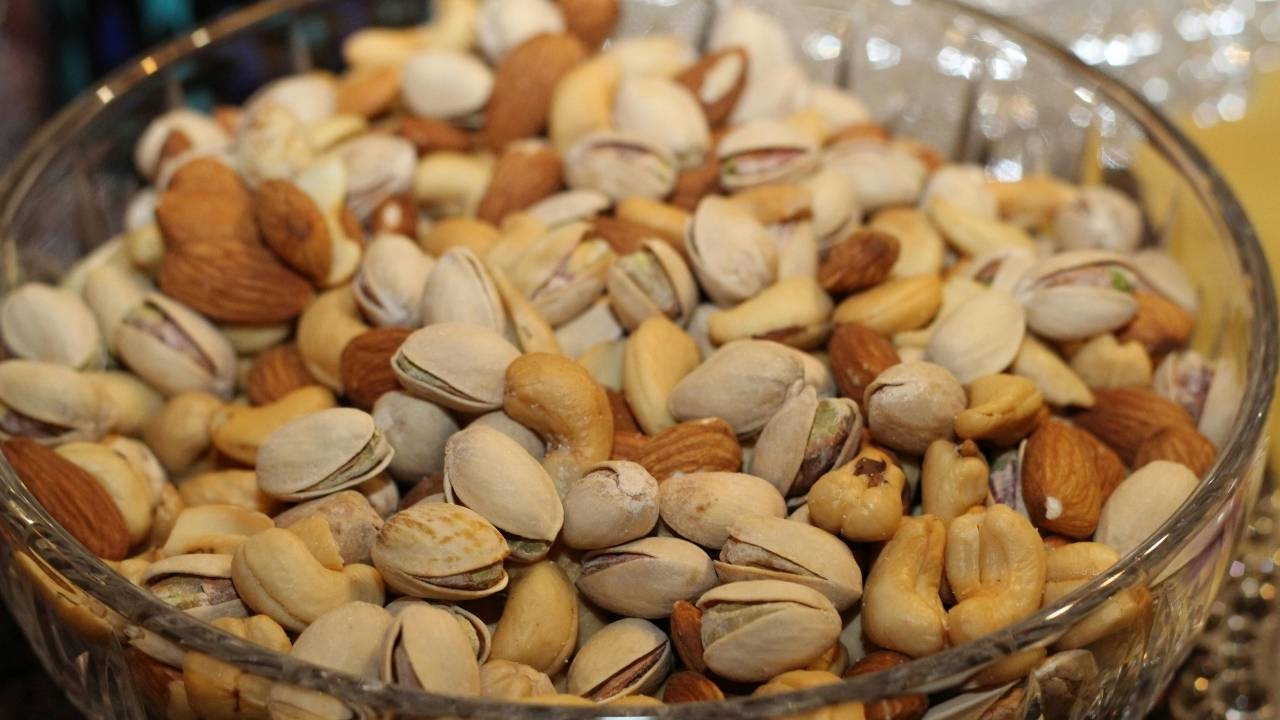Raw nuts are likened to unpolished diamonds of nature- they are natural, unpolished and raw and full of natural nutrition and uniqueness. They contain washi neutral benefits in the source manner as compared to roasted or salted ones. The current health-aware society has an increasing number of consumers who are demanding simple, clean foods that offer optimum health with no secret ingredients. Now, how about learning to select, consume and enjoy genuinely clean nuts!
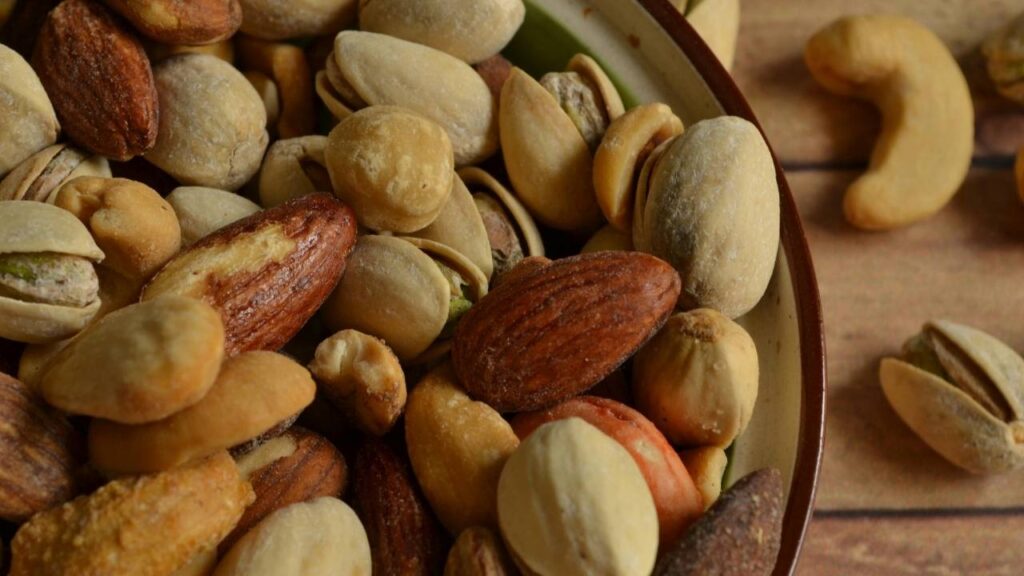
Pure Nut Sourcing Secrets
The source of finding pure nuts is the place to start. Seek out brands that have a definite space of transparency regarding the origin of their harvest locations and techniques. The quality aspect can be categorized in nuts as due to its mono origin (Brazil walnuts or California almonds). Look out: uncooked, unpasteurized-most blue label nuts are secretly process high temperature. Small-batch producers do not process much, and retain natural oils. Farmers markets and environmentally aware brands tend to carry really pure nuts. Avoid heaping up bins where cross contamination or risk of oil to contaminate the purity can occur.
Why Fresh Nut Processing Improves Taste
Pure minimally processed nuts do not undergo oil bath, salting and roasting. Instead, these uncooked nuts are merely coated (dehydrated) and bagged -no chemicals, blanching or heat processed to high temperatures. Steam-pasteurization (almonds are frequent victims of this most prevalent among foods) kills the bacteria, and affects the enzymes and nutrition. Options that have undergone the freeze-drying process are crispy and nutritious. Nut oils which have been cold-pressed keep dressing purity. You should always check ingredient lists: the only ingredient in pure nuts should be the nut in question (e.g. almonds).
Best Ways to Store Nuts
Waste and rancidity of the nut can be avoided by preservation of nut freshness. Keep pure nuts in glass jars (not those in plastic bags) cool and dark pantries. Ensure that fat containing nuts (walnuts, pecans, et cetera) are stored in the fridge where they will last six months. Freeze to preserve fresh throughout the year: store divided into separate bags to avoid the thaw-refreeze cycle. Put containers in oxygen absorbers to increase shelf life. Do not store anywhere near strong smell foods (nuts absorb smell!). Check monthly: dispose of at leisurely when they smell of crayons or paint (the sign of rancidity).
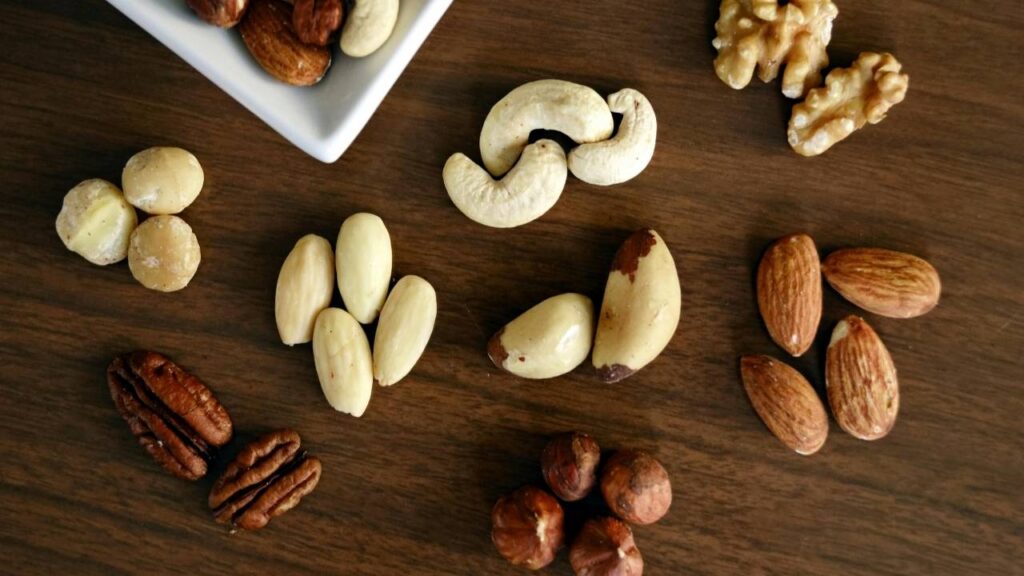
Pure Nut Nutrition Highlights
Protein is not the only nut advantage of being unprocessed. Live enzymes to help in digestion are provided by raw almonds. The walnuts soaked enhance the uptake of omega-3. Brazil nuts are the source of natural selenium (1 nut = all the requirements in a day!). Pecans can supply one with antioxidants without including sugars. The roasting process causes loss of vitamin E, magnesium and fiber in pure nuts. Research indicates that consumption of pure nuts in daily dose improves heart, brain functionality, and weight management without any additives.
Pure Nut Culinary Uses
The versatility can be tapped by cooking with pure nuts. Use soaked cashews to blend into non-dairy sauce or cheesecake. Crush uncooked pecans into gluten free crusts. Lightly roast Duncan roasted nuts at home (300F 8 mins) so you can control the flavour. Dash in some oatmeal, quick salads or stir-fries to go. Mix in pure nut butters naturally: just by blending on their own, no oils or sugars are required. Make energy balls with almond pulp homemade milk. Pure nuts could well be adapted to sweet and savory food.
Pure Nut Selection Guide
When selecting the best nuts, it will save frustrations. The color cues are important: the pistachios ought to be deep green in color, almonds beige with no differences. Be sure to avoid brown spots, cracks and/or powdery flakes on nuts. Shake containers: dry containers sound dry. Smell it– fresh nuts stink in an earth-sweet, but not mouldy way. Seasonal purchasing: you should buy pecans (fall), walnuts (winter) and macadamias (summer). Trust certification: The purity priority is to have a certification such as USDA Organic, Non-GMO or regenerative farming.
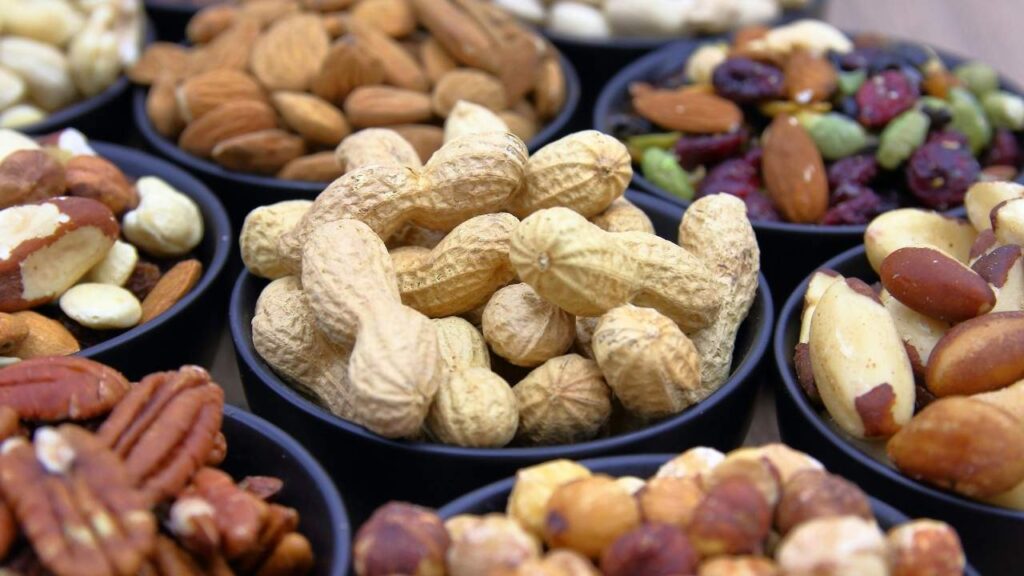
Pure Nut Allergy Safety
Allergen-wise treatment takes care of the sensitive guests. Use different cutting boards/blenders to prepare pure nuts. Put labels on containers (“PURE ALMONDS”).It would be much better when, during their storage, there would not be cross-contact due to the storing of nuts under allergen-free food. When eating out, communicate with restaurants on the subject of Origination of raw and unprocessed nuts. When hosting a gathering at home, save the nuts to last, so that you reduce particles in the air. Have epinephrine at hand-the pure nuts have concentrated proteins that cause a reaction.
Pure Nut: Common Mistakes vs. Smart Solutions
| Focus Area | Standard Approach 🚫 | Pure Nut Upgrade ✅ | Key Benefit 🌟 |
| Sourcing Quality | Bulk bin nuts (cross-contamination) | Traceable single-origin (e.g., “California Almonds”) | Authentic flavor, zero hidden additives |
| Processing Truth | “Raw” labels (often pasteurized) | Truly unpasteurized + cold-dried | 100% live enzymes & intact nutrients |
| Freshness Storage | Plastic bags in pantry | Airtight glass jars + refrigeration | Prevents rancidity (lasts 6x longer) |
| Nutrition Retention | Roasted/salted nuts | Pure raw consumption | Higher antioxidants + digestibility |
| Cooking Versatility | Pre-roasted with oils | Home-toasted pure nuts (300°F/8min) | Control flavor without losing purity |
| Allergy Safety | Shared prep surfaces | Dedicated tools + clear labeling | Safe for sensitive guests |
| Eco-Impact | Plastic packaging | Compostable bags + regenerative farms | Supports soil health & zero waste |
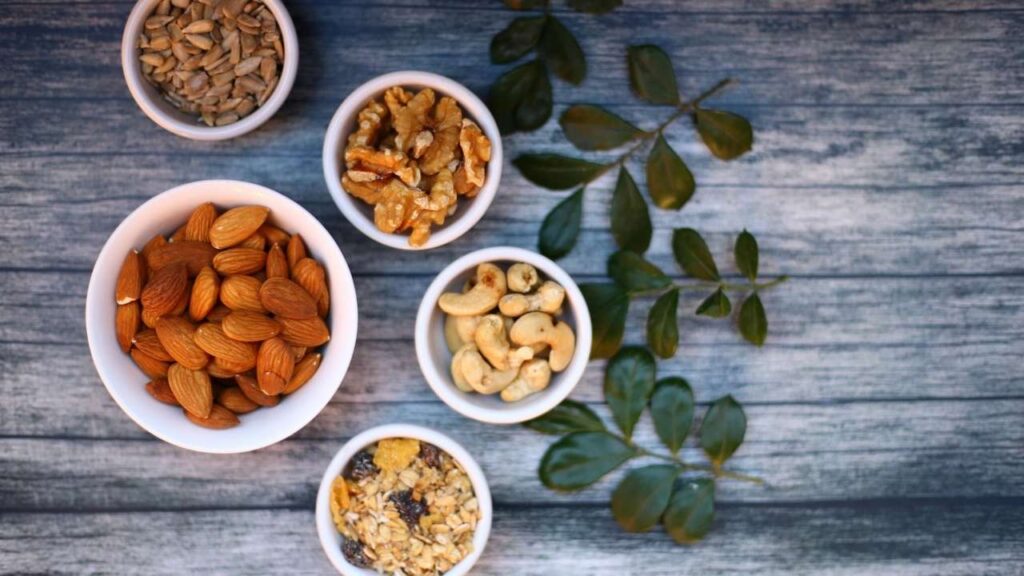
Pure Nut Sustainability Impact
Sustainable ethical sourcing of nuts preserves the environment. Buy companies that practice regenerative agriculture (soil health repair). Select plastic free: glass, compostable bags or refills (bulk). Water conscious farms (e.g. dry-grown almonds) apply minimum pressure on the environment. The cultivated cashew farms preserve the wild animal life because of shade. Upcycle shells: as mulch around the garden or material to make crafts. This is how each and every purchase of pure nuts contributes to the cleaner farming and equal treatment of the labor.
FAQ’s
1. Can you eat pure nuts raw?
Absolutely! When obtained with respectable suppliers, they are safe and healthy. The digestibility increases through soaking.
2. Why do pure nuts taste different than roasted?
Roasting burns sugars. Dried nuts have less fragile, earthy flavour and softer crunch.
3. How long do pure nuts last?
Pantry: 1-3. Chilled: 6 months. Frozen:12 Monate. Be on the lookout for over- ripeness smells!
4. Are “raw” supermarket nuts truly pure?
No-in the majority of cases they are pasteurized. Read the labels- do not pick it up as unpasteurized or head to the gourmet stores.
5. Can pure nuts replace protein supplements?
Yes! 1 / 4 c almonds = 7g protein. Combine with the seeds or legume, so you obtain whole amino acids.
